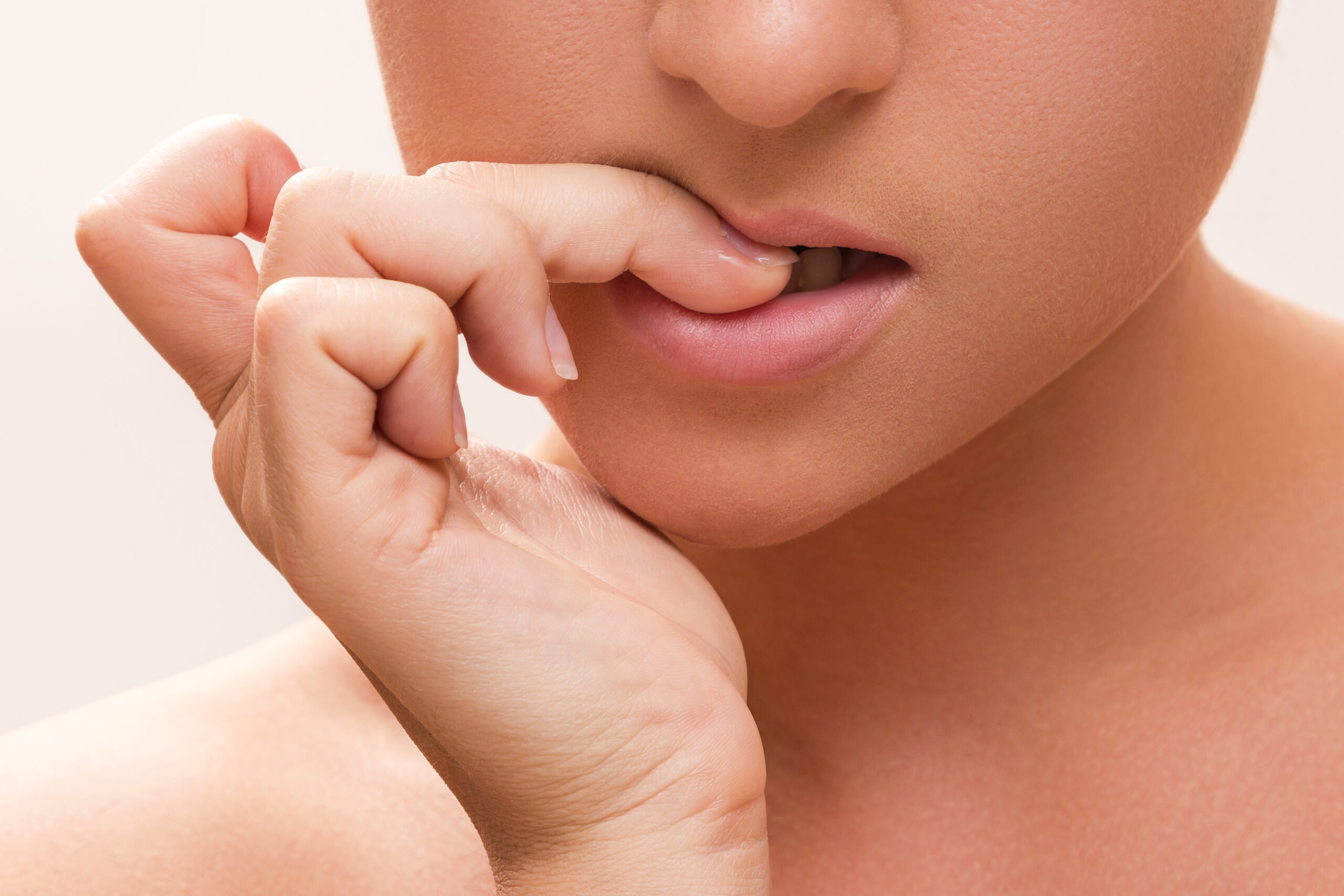Table of Contents

Dentists reveal the surprising daily habits that are silently destroying your teeth and gums, from ice chewing to improper brushing techniques.
At a Glance
- Common destructive habits include using teeth as tools, chewing ice, and biting nails—all of which can damage enamel and cause fractures
- Brushing too hard or with hard-bristled toothbrushes can lead to gum recession and enamel erosion
- Skipping daily flossing and regular dental checkups significantly increases risk of gum disease and undetected oral health problems
- Poor oral health has been linked to serious conditions including heart disease and stroke, making prevention essential
- Experts recommend replacing toothbrushes every 3-4 months and waiting 30 minutes after acidic foods before brushing
Everyday Habits That Damage Your Teeth
Many people engage in seemingly harmless habits that can cause significant damage to their teeth. Chewing ice may seem refreshing, but its hardness and cold temperature can fracture teeth, particularly those with fillings. Nail biting not only damages your nails but gradually wears down protective tooth enamel, increasing your risk of cavities and sensitivity. Using teeth as tools to open packages or bottles is another common but dangerous habit that dentists strongly advise against.
Sticky candies present another significant threat to dental health. Their sugary, sticky, and often acidic nature allows them to adhere to teeth and get trapped between them, promoting cavity formation. These treats can also dislodge fillings or dental work. Similarly, excessive alcohol consumption leads to dry mouth by reducing saliva production—a natural protective mechanism that helps neutralize acids and wash away food particles and bacteria.
Brushing Mistakes That Harm Rather Than Help
While brushing teeth is essential for oral health, incorrect techniques can cause harm. Using a hard-bristled toothbrush can damage gums and tooth structure, leading to recession and increased sensitivity. Dental professionals consistently recommend soft-bristled brushes instead. Brushing too aggressively compounds this problem, as it can wear away enamel and irritate gum tissue. The proper approach involves gentle, circular motions rather than vigorous back-and-forth scrubbing.
Many people don't brush long enough to effectively remove plaque. The American Dental Association recommends brushing for at least two minutes twice daily. Equally problematic is neglecting the gumline, which should be cleaned by angling the toothbrush at approximately 45 degrees. Another common mistake is brushing immediately after consuming acidic foods or beverages, which can actually accelerate enamel erosion since acids temporarily soften enamel.
The Critical Importance of Regular Dental Visits
Skipping regular dental checkups is among the most detrimental oral health mistakes. Many adults avoid yearly visits due to fear, cost concerns, or simple indifference. However, these appointments are crucial for early detection and prevention of problems before they become serious and require expensive, invasive treatments. Professional cleanings remove tartar buildup that regular brushing and flossing cannot eliminate, while comprehensive exams can identify issues like early-stage gum disease or tooth decay.
Dental professionals also emphasize the importance of replacing toothbrushes regularly. Worn bristles become ineffective at cleaning, and old toothbrushes can harbor bacteria. The American Dental Association recommends replacing your toothbrush every three to four months or sooner if bristles become frayed. Additionally, flossing should be done at least once daily, as it removes bacteria and food particles from areas toothbrushes cannot reach. Many adults mistakenly believe that mouthwash can substitute for flossing, but rinses cannot effectively remove the physical debris trapped between teeth.
The Connection Between Oral Health and Overall Wellness
Research increasingly demonstrates that oral health significantly impacts overall physical well-being. Poor oral hygiene has been linked to serious conditions including heart disease, stroke, and complications with diabetes. When harmful bacteria from the mouth enter the bloodstream, they can cause inflammation and infection in other parts of the body. Smoking and tobacco use dramatically increase these risks while causing severe oral problems including discoloration, periodontal disease, and oral cancer.
Dietary choices also significantly affect oral health. Frequently consuming sugary or acidic beverages like soda erodes tooth enamel and promotes decay. Caffeinated and alcoholic drinks can reduce saliva production, limiting its protective benefits. Health professionals recommend drinking plain water throughout the day instead. Preventative dental care proves far more cost-effective than restorative treatments, both financially and in terms of comfort. Establishing proper oral hygiene habits early and maintaining them consistently throughout life remains the most effective strategy for long-term dental health.
Sources:
https://resources.healthgrades.com/right-care/oral-health/9-dental-mistakes-people-make
https://www.martindentistry.net/post/are-you-guilty-of-these-common-dental-mistakes
AD
Most Recent
AD
